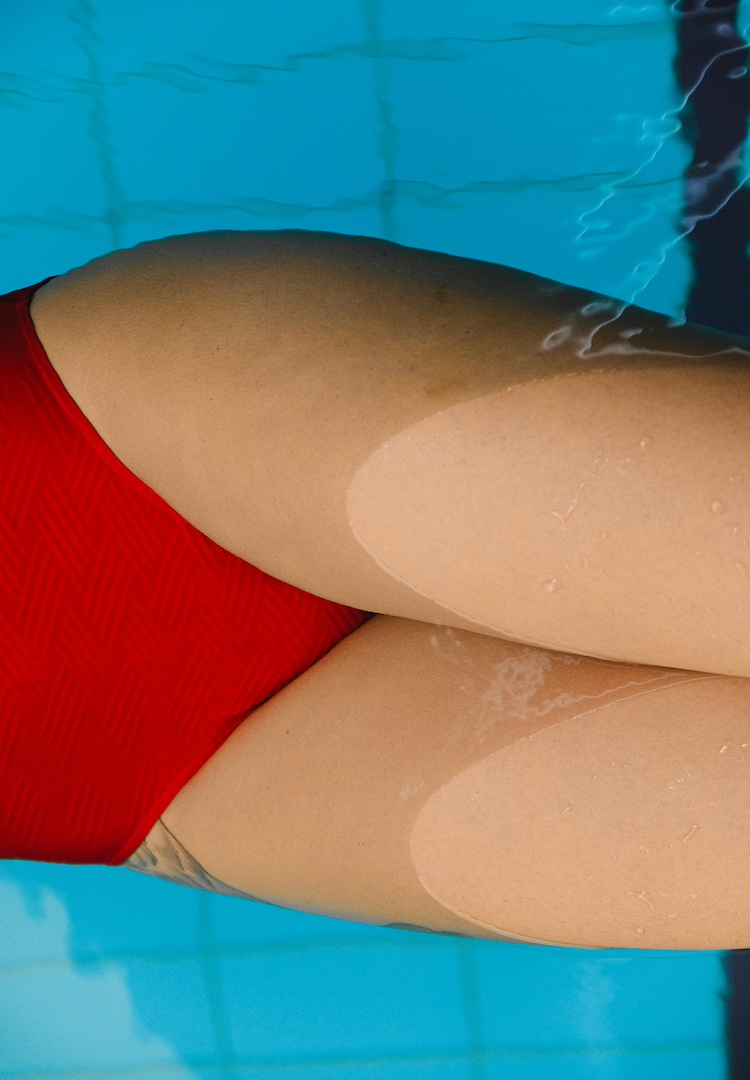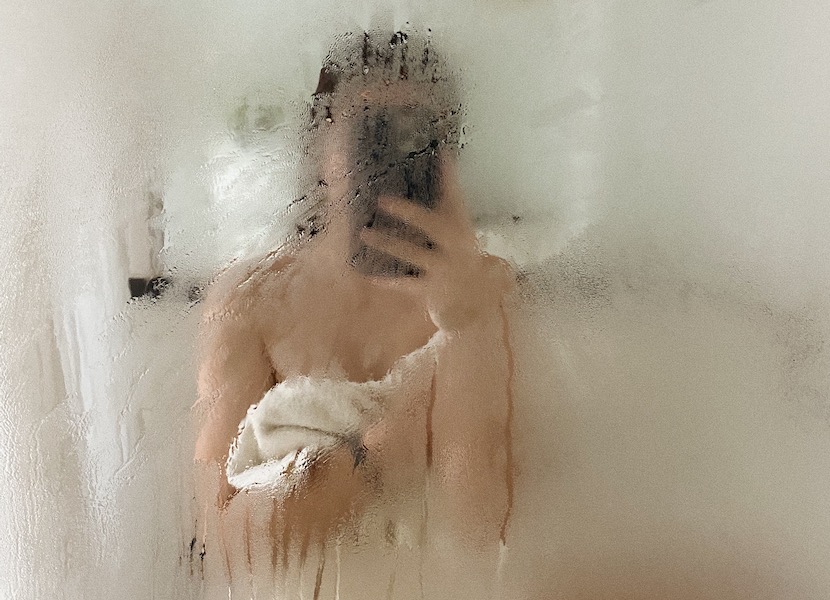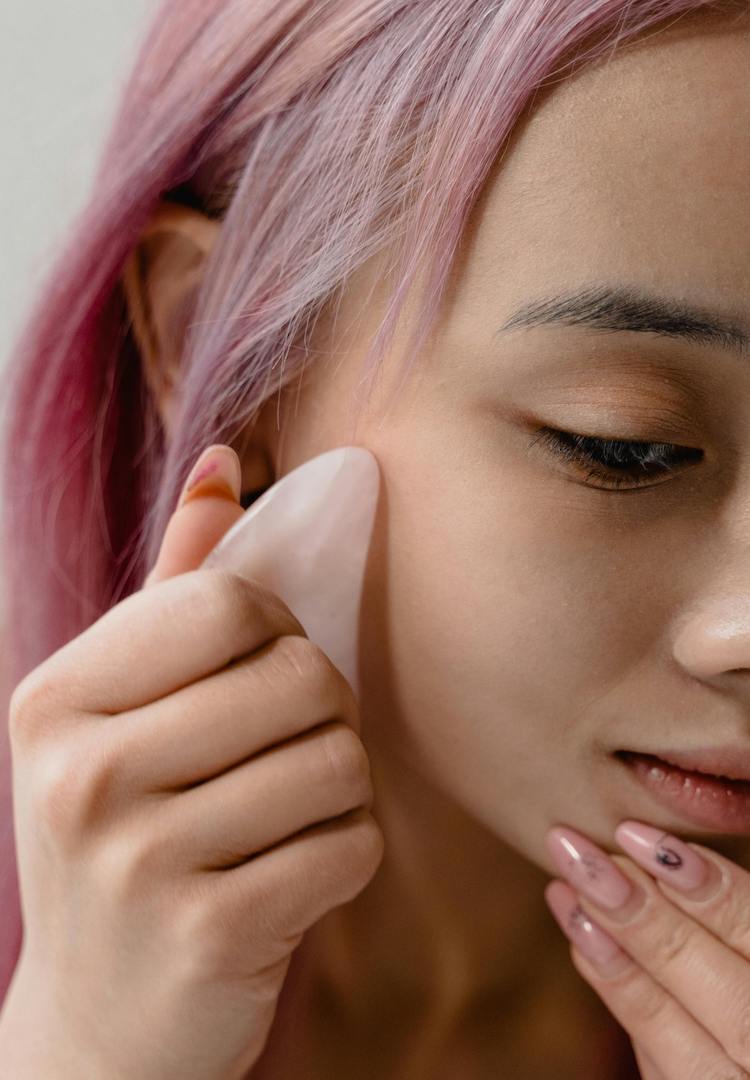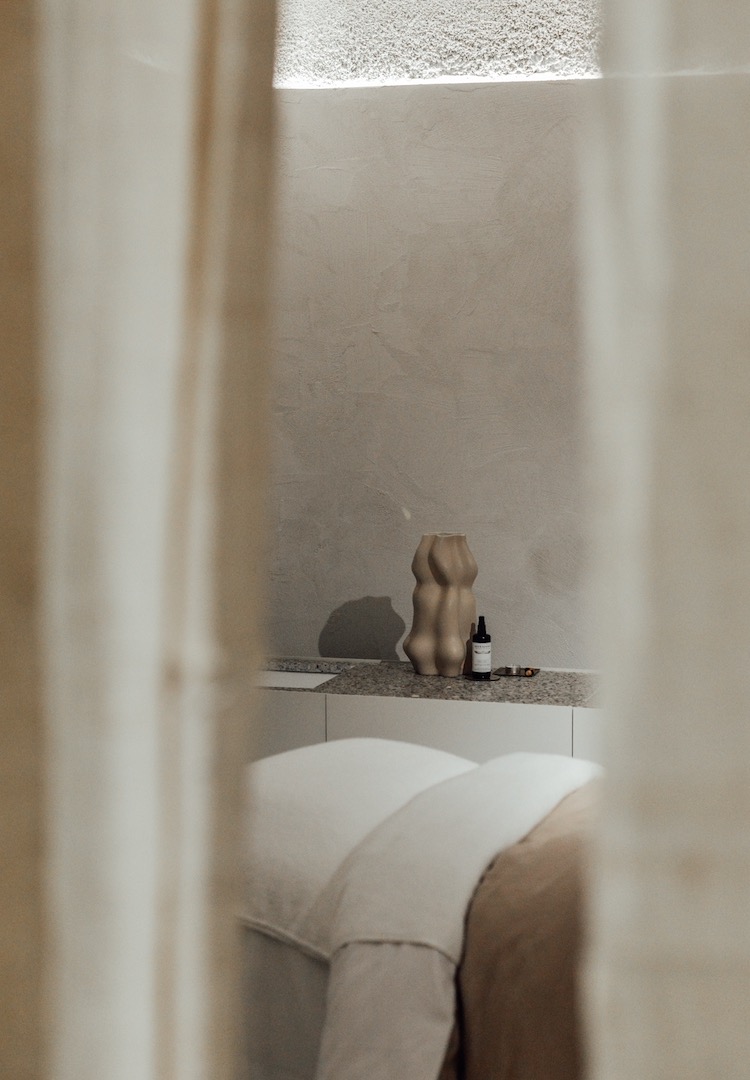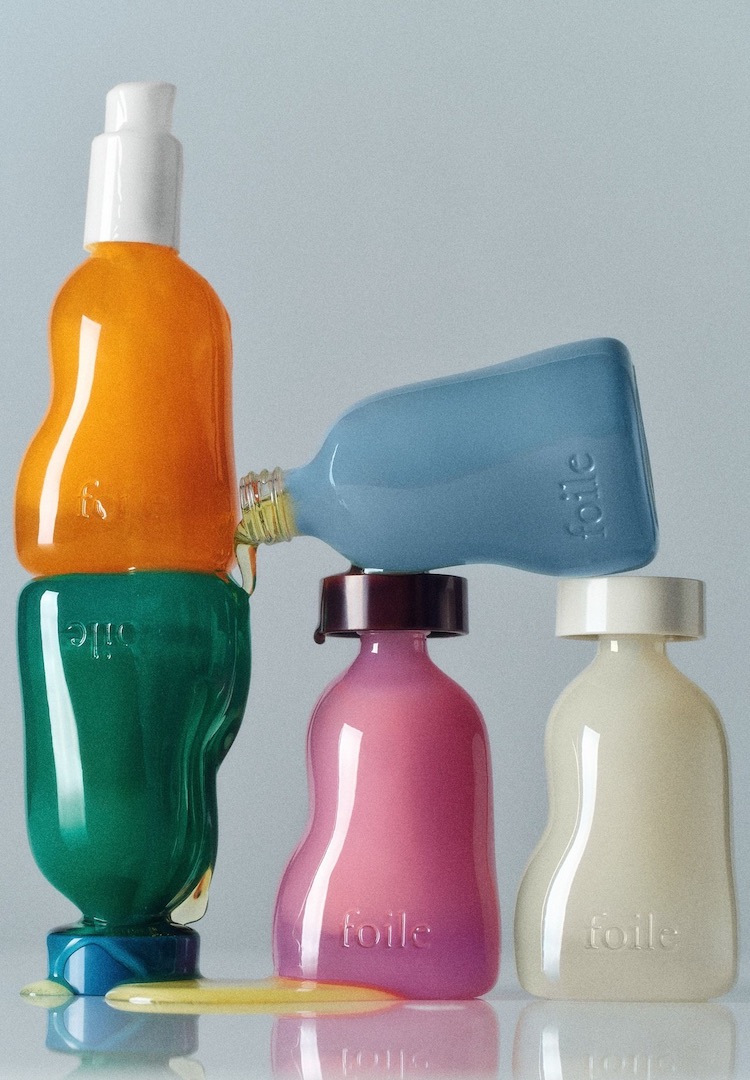Are hot showers and indoor heating dehydrating my skin?
WORDS BY MAGGIE ZHOU
Please say no, please say no.
One of the most uncomfortable sensations in the world (in my unsubstantiated opinion) is the feel of Melbourne’s frigid, winter wind whipping against your exposed face. It’s humbling and a little bit humiliating. The outdoor elements are unrelenting (we’re so close to Antarctica for crying out loud), and what takes a beating because of it? Our bodies’ largest organ, of course: our skin.
You know what I’m talking about – your skin feels tighter, appears duller and can even become flaky when temperatures dip. Apart from the natural world, there are factors within our control that can impact how our skin responds to the colder weather.
For more health and wellness advice, head on over to our Health section.
But first, what is happening to our skin? Is it dry or dehydrated? What’s the difference? According to Davey Rooney, the founder of skincare brand Boring Without You, there’s a huge one. “Dry skin is characterised by a lack of oil, whereas dehydrated skin is [characterised by] a lack of water, usually due to transepidermal water loss through your [skin] barrier,” he said on TikTok. “[It’s] also due to cold weather… and dry and oily skin can lose too much water and become dehydrated. If your skin is tight, flaky and your makeup settles into fine lines, you likely have dehydrated skin.”
So, do practices like taking hot showers and using indoor heaters affect our skin? Despite their very necessary role in helping us survive very cold winters, I’m afraid they might not be helping our skin’s moisture levels. I decided to ask dermatologist Dr Deshan Sebaratnam to give me the full lowdown.
What are the signs of dry or dehydrated skin?
There are a lot of signs to look out for if you think you’re suffering from dry and dehydrated skin. Your hands may feel rough or scaly, and in more severe cases, you may even notice flakiness and peeling. In terms of texture, often the skin will be quite rough and tight. Some people may also experience increased sensitivity, so it is important to patch-test products before use and ensure the products are specifically formulated for dry skin.
Are hot showers bad for our skin?
Hot showers can strip our skin of its natural oils, compromising the skin barrier. This leads to increased dryness in skin and can cause irritation. For some people, this can look like increased redness and inflammation, itchiness and flaky skin and can also exacerbate skin conditions such as eczema.
What about indoor heaters?
Indoor heaters reduce air humidity levels, leading to drier air which [can] strip moisture from the skin. This lack of moisture in the air can compromise the skin’s protective barrier making it more susceptible to damage and irritation. Applying a moisturiser helps keep water trapped within the skin, minimising this.
How can we keep skin moisturised throughout winter?
Applying a moisturiser daily will help ensure the skin is kept healthy during the colder months. Look out for products containing urea, like Du’it’s Tough Hands. Not only will it keep the skin hydrated but this product helps improve scaliness of the skin and may visibly reduce the appearance of fine lines and wrinkles.
Do you have any tips for combination skin types?
If there are particularly dry areas, focus [on] moisturising here. You don’t need to moisturise your entire body – some areas will naturally be more problematic than others… Stay away from harsh products, anything with fragrance or chemicals is a big no!
For more winter skincare tips, try this.

